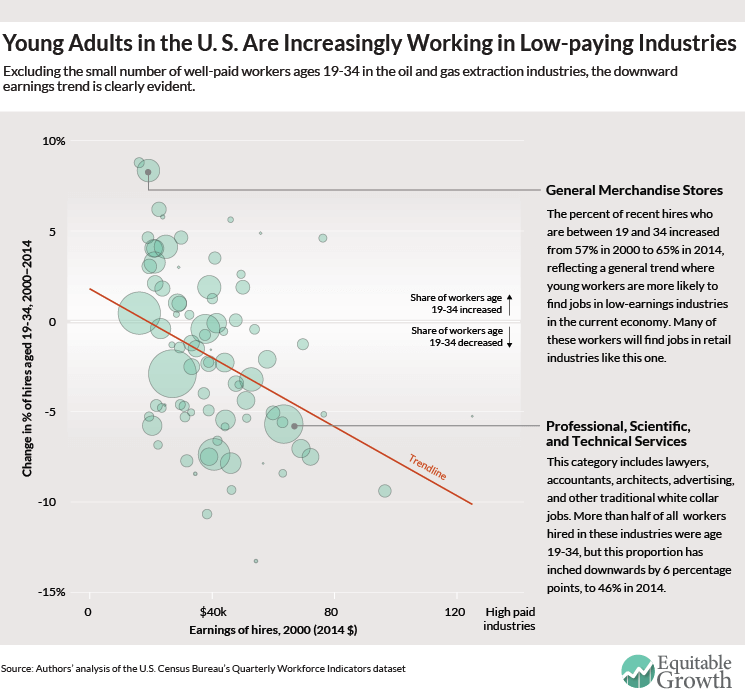Must-Read: A few words on judicial doctrine, economic thinking, and political economy…
Back when Robert Bork in his The Antitrust Paradox proposed large-scale rewriting of laws from the bench to privilege “economic efficiency” above all of the other somewhat-conflicting goals of our competition policy and so bring order to a disordered piece of the law, I saw it as neutral-to-good. But the default judicial judgment of any merger then became:
- It must reduce costs via economies of scale
- It is not inefficient unless it reduces the quantity supplied–and companies these days are so clever at price discrimination that they can still find a way to serve those low-value consumers whose willingness-to-pay is only a little bit larger than monopoly cost.
And the government faced a very steep Sisyphean uphill boulder-rolling to rebut those presumptive judgments and block, well, block much of anything.
And it has turned out that, in practice, both (1) and (2) have been largely wrong…
: Robber Baron Recessions: “Profits are at near-record highs…
…Suppose that those high corporate profits don’t represent returns on investment, but instead mainly reflect growing monopoly power… [with] corporations… able to milk their businesses for cash, but with little reason to spend money on expanding capacity or improving service…. Such an economy… would also tend to have trouble achieving or sustaining full employment. Why? Because when investment is weak despite low interest rates, the Federal Reserve will too often find its efforts to fight recessions coming up short….
Do we have direct evidence that such a decline in competition has actually happened? Yes, say a number of recent studies, including one just released by the White House…. The obvious next question is why competition has declined. The answer can be summed up in two words: Ronald Reagan… [who] didn’t just cut taxes and deregulate banks; his administration also turned sharply away from the longstanding U.S. tradition of reining in companies that become too dominant in their industries. A new doctrine, emphasizing the supposed efficiency gains from corporate consolidation, led to what those who have studied the issue often describe as the virtual end of antitrust enforcement….
Still, better late than never. On Friday the White House issued an executive order directing federal agencies to use whatever authority they have to ‘promote competition.’… For we aren’t just living in a second Gilded Age, we’re also living in a second robber baron era. And only one party seems bothered by either of those observations.

